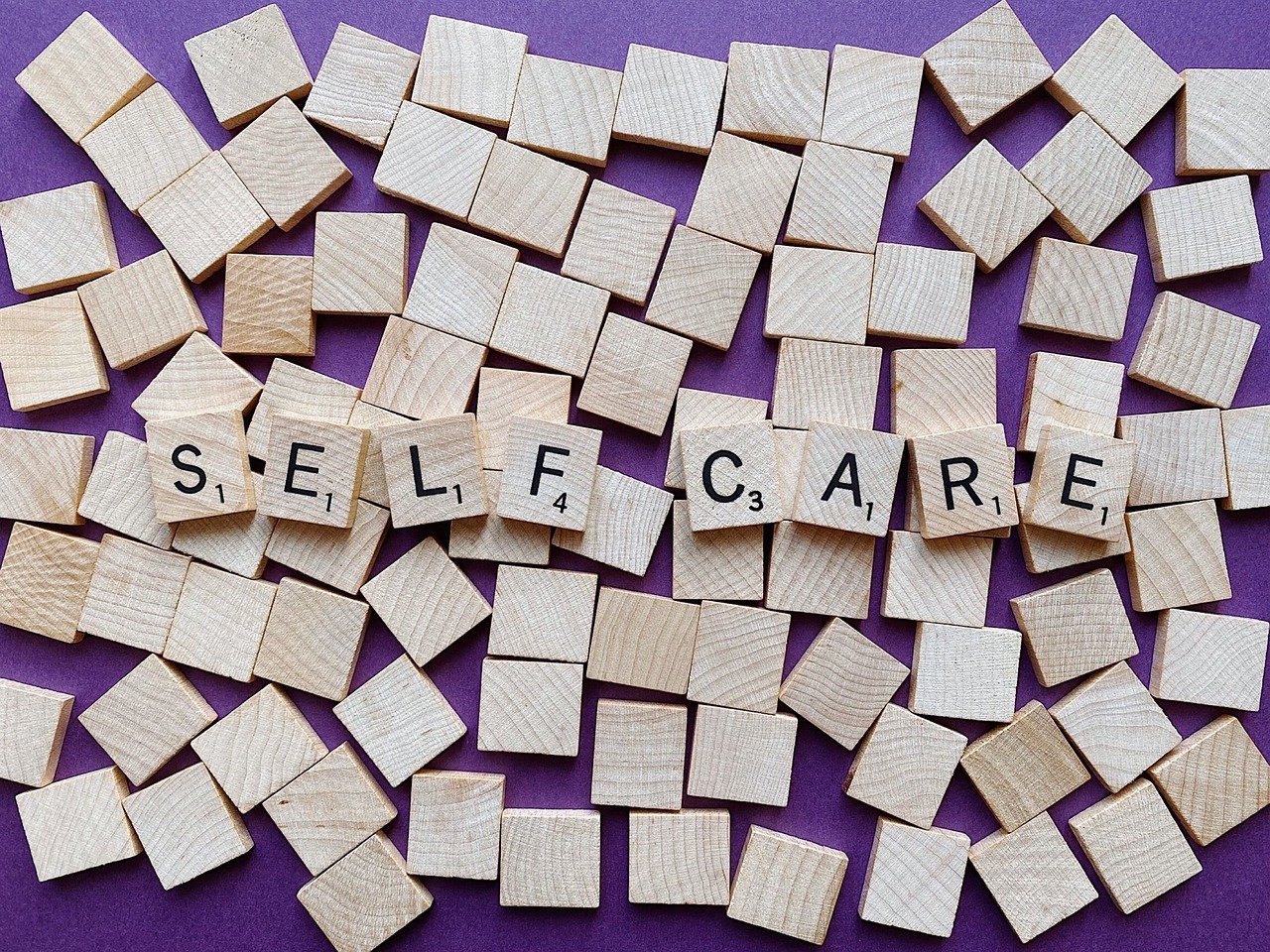Introduction
In this article, we will be discussing various self-care practices that can significantly improve our mental health. Mental health is just as crucial as physical health, yet it is often overlooked. By incorporating these self-care practices into our daily routines, we can better manage stress, anxiety, and overall mental well-being.
Why is Self-Care Important for Mental Health?
Self-care plays a vital role in maintaining good mental health. It involves taking intentional actions to care for your physical, mental, and emotional well-being. When we neglect self-care, we are more prone to burnout, stress, and an overall decline in mental health. It is essential to prioritize self-care to support a healthy and balanced lifestyle.
Physical Self-Care
Physical self-care involves taking care of our bodies through proper nutrition, exercise, and rest. Engaging in physical activities not only benefits our physical health but also has a significant impact on our mental well-being.
Regular Exercise
Regular exercise is crucial for both our physical and mental health. Physical activity releases endorphins, which are known as “feel-good” hormones. Endorphins help reduce stress, anxiety, and symptoms of depression. Aim to incorporate at least 30 minutes of exercise into your daily routine, whether it’s going for a walk, practicing yoga, or hitting the gym.
Healthy Eating Habits
Nutrition plays a significant role in mental health. Eating a well-balanced diet rich in fruits, vegetables, whole grains, and lean proteins can improve our overall mood and cognitive function. Avoid excessive consumption of processed foods, sugars, and caffeine, as they can negatively impact our mental well-being.
Emotional Self-Care
Emotional self-care focuses on acknowledging and managing our feelings and emotions in a healthy way. It involves practicing self-compassion, setting boundaries, and seeking support when needed.
Practice Mindfulness
Mindfulness is a powerful tool for managing stress and anxiety. By practicing mindfulness, we can become more aware of our thoughts and emotions without judgment. Mindfulness techniques such as meditation, deep breathing, and visualization can help calm our minds and improve our emotional well-being.
Set Boundaries
Setting boundaries is essential for protecting your emotional well-being. Learn to say no to commitments that drain your energy and establish limits with others in your personal and professional life. Setting boundaries allows you to prioritize self-care and avoid becoming overwhelmed.

This image is property of pixabay.com.
Social Self-Care
Social self-care focuses on nurturing positive relationships and connections with others. Social support is crucial for maintaining good mental health, as human beings are social creatures who thrive on meaningful interactions.
Cultivate Supportive Relationships
Surround yourself with people who uplift and support you. Cultivate relationships with friends, family, or support groups that provide emotional support and encouragement. Having a strong social support system can help you navigate life’s challenges and improve your mental well-being.
Practice Gratitude
Expressing gratitude is a powerful social self-care practice. Take time each day to reflect on the things you are grateful for, whether it’s a supportive friend, a beautiful sunset, or a cozy home. Practicing gratitude can shift your focus from negativity to positivity and enhance your overall well-being.
Psychological Self-Care
Psychological self-care involves taking care of your mental health by practicing self-awareness, stress management, and relaxation techniques. By prioritizing your psychological well-being, you can build resilience and cope effectively with life’s challenges.
Engage in Relaxation Techniques
Relaxation techniques such as deep breathing, progressive muscle relaxation, and visualization can help alleviate stress and anxiety. Make time to incorporate relaxation exercises into your daily routine to promote a sense of calm and relaxation.
Prioritize Sleep
Quality sleep is essential for good mental health. Aim to get 7-9 hours of sleep each night to allow your body and mind to rest and recharge. Establish a bedtime routine, limit screen time before bed, and create a comfortable sleep environment to improve your sleep quality.

This image is property of pixabay.com.
Spiritual Self-Care
Spiritual self-care involves nurturing your spiritual well-being by connecting with your beliefs, values, and purpose in life. Whether you practice a specific religion or engage in spiritual practices, connecting with your spiritual side can provide a sense of peace and purpose.
Engage in Spiritual Practices
Engage in spiritual practices that resonate with you, whether it’s through prayer, meditation, or spending time in nature. Connecting with your spiritual beliefs can help you find meaning and purpose in life, especially during challenging times.
Practice Self-Reflection
Take time for self-reflection to connect with your inner thoughts, feelings, and beliefs. Journaling, meditation, or spending quiet time alone can help you gain insight into your values, goals, and emotions. Self-reflection can promote self-awareness and personal growth.
Conclusion
In conclusion, self-care practices are essential for maintaining good mental health. By prioritizing physical, emotional, social, psychological, and spiritual self-care, we can enhance our overall well-being and build resilience against life’s challenges. Incorporate these self-care practices into your daily routine to support a healthy and balanced lifestyle. Remember, taking care of yourself is not selfish; it is necessary for your mental health and overall happiness.

This image is property of pixabay.com.
